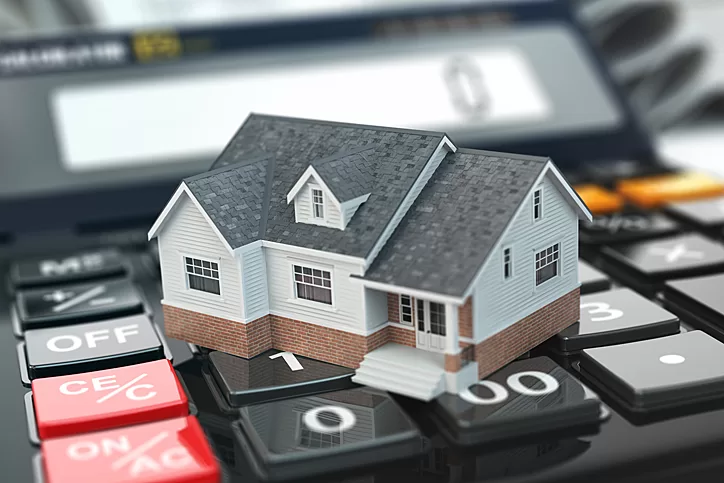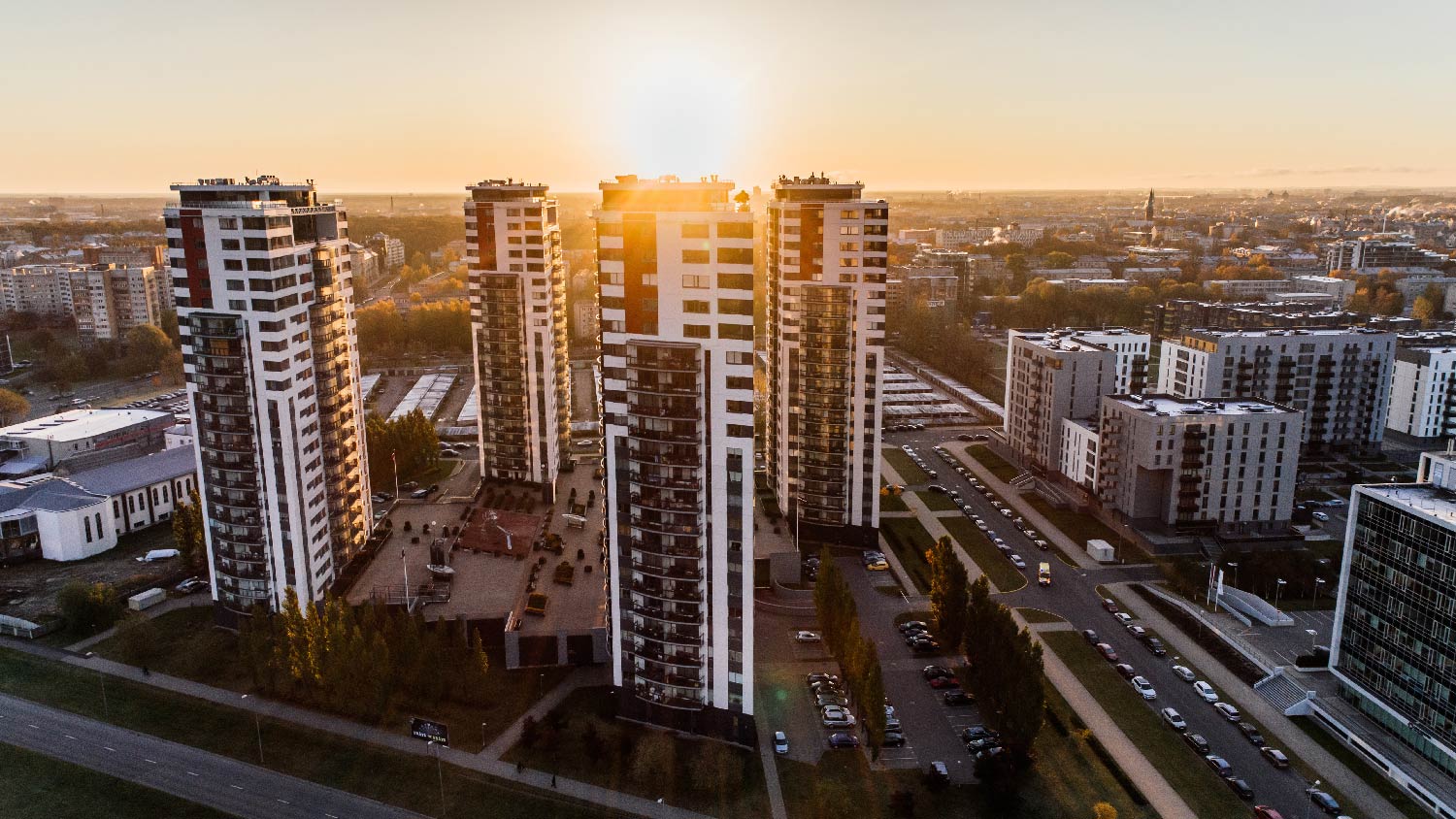I’ve spent the better part of my career helping families navigate the chaos of moving day. I’ve seen it all: the lost keys, the overstuffed trucks, and the frantic searches for a favorite teddy bear buried at the bottom of a wardrobe box. As a professional, I thought I had the "moving thing" figured out.
Then, last summer happened.
In the middle of August, my wife and I moved into our new home with our 15-month-old daughter. Suddenly, all my professional "hacks" were put to the ultimate test. It turns out that knowing how to wrap a porcelain vase is very different from keeping a walking, climbing, teething toddler safe while your entire life is packed into cardboard.
If you’re preparing for a move with a little one, I’m here to tell you: it’s going to be okay. Here is the honest truth about moving with a toddler—and the strategies that actually worked for us.
The "15-Month" Reality Check
At 15 months, our daughter was in that "helper" phase—which is a polite way of saying she wanted to unpack every box I just taped shut. I realized quickly that moving with a toddler isn't just a logistics problem; it's a transition management problem.
If you are just starting your journey, I recommend checking out my Home Search tools to ensure your new neighborhood has the parks and amenities a growing toddler needs.
1. The "Decoy Box" Trick
One of the best things I did during our move was creating a "Toddler Box." While I was packing the kitchen, I gave her a box filled with Tupperware, wooden spoons, and safe plastic lids. It kept her occupied for an hour, feeling like she was "working" right alongside her Dad.
2. The First-Night Sanctuary
Professional movers always say to prioritize the kitchen, but as a dad, I say: Prioritize the Nursery.
My Personal Rule: The crib, the white noise machine, and her favorite toys were the first things off the truck. We wanted her to wake up in a new room, but feel like she was in the same home.
3. Safety First (Literally)
On moving day, the front door is constantly open. It’s a toddler’s dream and a parent’s nightmare. A portable playpen as a "safe zone" in a quiet corner of the house. If you're worried about the logistics of the day, you can Contact Me directly for my personal list of trusted, family-friendly moving vendors.
A Note from the Trenches
Moving is a massive milestone, but it’s also a lot of "big feelings" for a little person. Looking back on our move last summer, I realize that the most important thing I unpacked wasn't the fine china—it was my patience.
If you are currently looking to Sell Your Home and are worried about how to manage showings with a toddler, don't sweat it. I’ve been there, and I have specific strategies to make your home look "listing ready" even with a 15-month-old roommate.
If the nap schedule falls apart or they eat goldfish crackers for dinner three nights in a row, forgive yourself. You aren't just moving boxes, you're moving a childhood.
Is your family gearing up for a big move soon? I’d love to help you plan!







.jpg)

